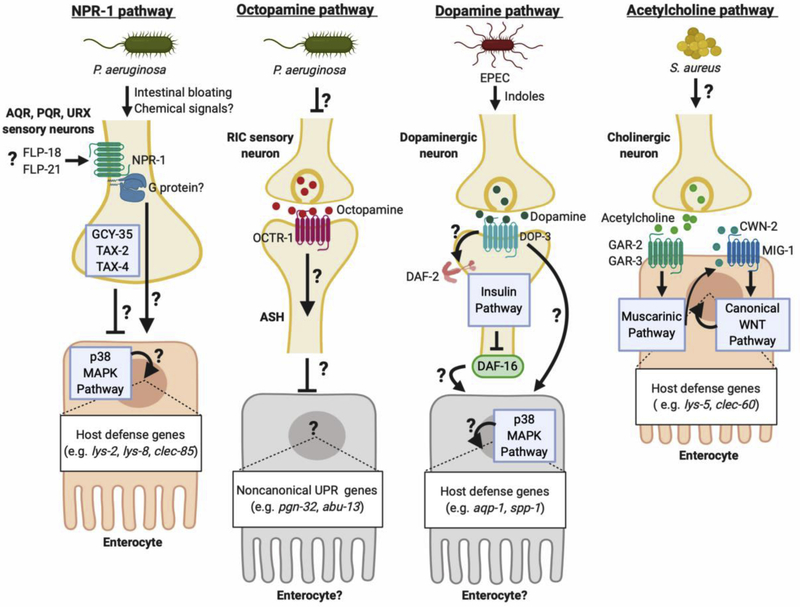Figure 1. Multiple neuronal pathways regulate intestinal host defense in C. elegans.
NPR-1 (NPYR) positively controls the expression of host defense genes during P. aeruginosa infection. In parallel, GCY-35, TAX-2, and TAX-4 negatively regulate their induction. FLP-18 and FLP-21 neuropeptides are upregulated during infection, and act through NPR-1 (NPYR) for behavioral avoidance of infection, but they have not been shown to affect defense gene expression[79]. Octopamine, released from RIC sensory neurons, acts through receptor OCTR-1 in ASH neurons to inhibit expression, presumably in the intestinal epithelium, of non-canonical UPR genes that promote host defense. This may be a mechanism of preventing inappropriate activation in noninfected animals. Dopamine, released during infection, acts on DOP-3 receptor on neurons to drive “conditioning” to EPEC. This was dependent on both insulin signaling and p38 MAPK, presumably via induction of host defense genes in the intestinal epithelium. Acetylcholine, released during S. aureus infection, drives muscarinic signaling in the intestinal epithelium and induces the expression of Wnt homolog CWN-2 in the same tissue. CWN-2 activates canonical Wnt signaling through MIG-1 (Frizzled), resulting in the intestinal epithelial expression of host defense genes. Created with BioRender.

